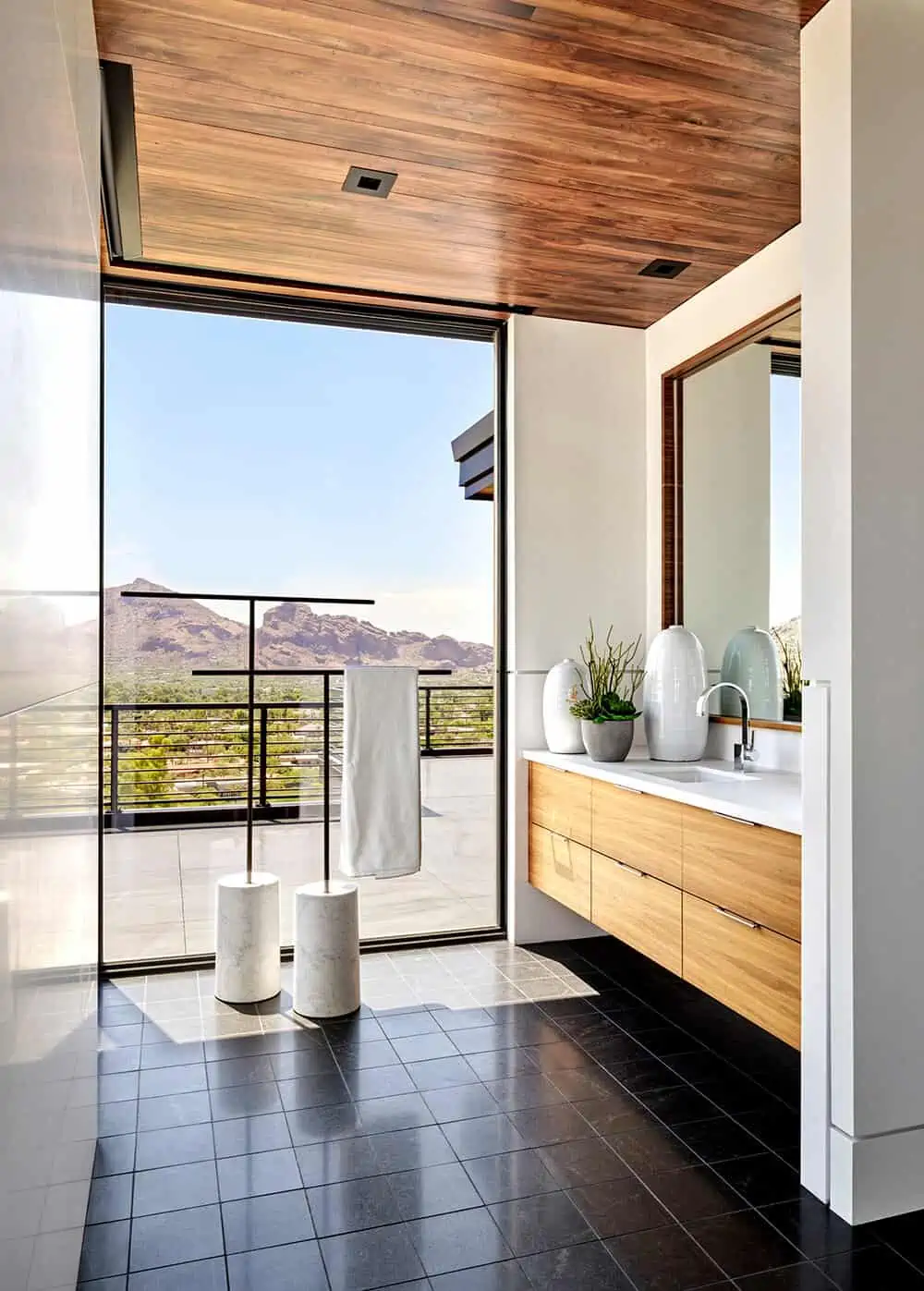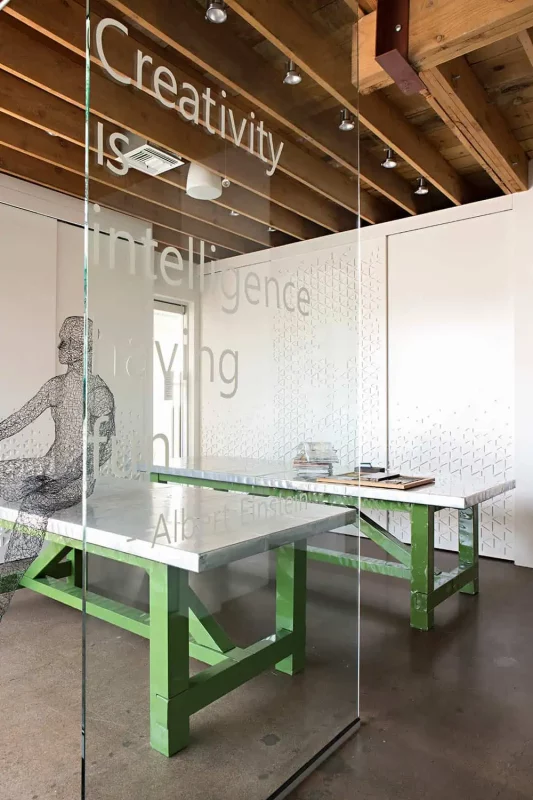Key Takeaways
- Natural light supports physical health, sleep regulation, mood elevation, and productivity.
- Using daylight reduces energy costs and environmental impact.
- Design choices (windows, layout, minimal drapery) are key levers to bring more light into interiors.
Daylight has the power to improve your health, promote sleep and make you happy. I simply love the opportunity to bring natural light into a space. As a designer, I use daylighting in both remodeling projects and new construction. Here’s why I love incorporating a day-lighting strategy in my design.
Natural Light is Healthy
The health benefits of natural sunlight are numerous according to healthline.com. Daylighting in your home makes you feel better:
• UV rays from sunlight are a natural and free antiseptic; they can effectively reduce bacteria and organism growth inside your home.
• Sunlight also triggers the production of vitamins B and D in our bodies. Adequate vitamin D helps us keep our bones and teeth healthy, and protect us from colon, kidney, and breast cancer.
• Our circulation, red and white blood cell production and immune system get a boost with ample sunlight.
• Moderate exposure to natural light does wonders for our complexion. Those who suffer from skin disorders such as psoriasis, eczema and fungal infections of the skin also benefit from it.
Sunlight Helps us Sleep Better
More than 70 million Americans say they suffer from not getting enough sleep. And, interior designers can play a role in helping you get more zzzz’s. Our bodies produce melatonin, the hormone that helps control our circadian rhythms (sleep-wake cycles). Constant exposure to light from artificial sources interrupts melatonin production, and that messes up our ability to get quality sleep. Sunlight can change all that. Once our homes get more natural light indoors, we can expect our sleep-wake cycles to be regulated, and we’ll sleep better at night.
Sunlight Makes us Happy
Sunlight boosts our production of endorphins and serotonins, the chemicals that make us feel happy. According to TIME magazine’s Guide to Happiness, our collective moods are best during seasons with more sun. That means more exposure to natural light results in improved moods. Little to no sunlight, on the other hand, could lead to symptoms of depression or seasonal affective disorder.
Sunlight is Good for the Environment
Lighting our homes with natural daylight can reduce your utility bill, saving you money. And when we use less electricity, we reduce our environmental impact as well. While daylight is from Mother Earth, it’s good for her, too.
Sunlight Improves Productivity
If you work at home, more natural light is good for you. Aside from keeping your energy levels stable and reducing fatigue, sunlight can also help you concentrate better, and that leads directly to a boost in productivity. Office environments are increasingly trying to achieve that same impact with lighting that mimics natural light and also by installing more windows.
These are just several of the benefits of natural light. Once we know what’s good for us, there are good options to implement natural sunlight use into our home, from simple to more aggressive. This can include using larger windows, interior courtyards, skylights, rearranging the floor plan to allow lighting access, or foregoing the drapes for simpler light control.
Letting the sunshine in is both a health and aesthetic benefit for you and your home.
FAQs
- How does natural light affect sleep?
It helps regulate melatonin production and strengthens your circadian rhythm. This leads to deeper, more restful sleep and improved overall sleep patterns.
- Can too much sunlight be harmful indoors?
Yes, prolonged exposure can fade furniture and overheat interiors. Use light-filtering shades or UV-protective films to balance light and protection.
- What’s a simple way to increase daylight in a home?
Switch to sheer curtains or remove heavy drapes. You can also rearrange furniture to avoid blocking windows and maximize light flow.
- Does natural light really save on electricity?
Yes — more daylight means less dependence on artificial lighting. This helps reduce both energy bills and your environmental footprint.
- Is daylight beneficial for health beyond mood?
Definitely — it boosts vitamin D, improves circulation, and strengthens immunity. It can also help with skin conditions like eczema and psoriasis.






